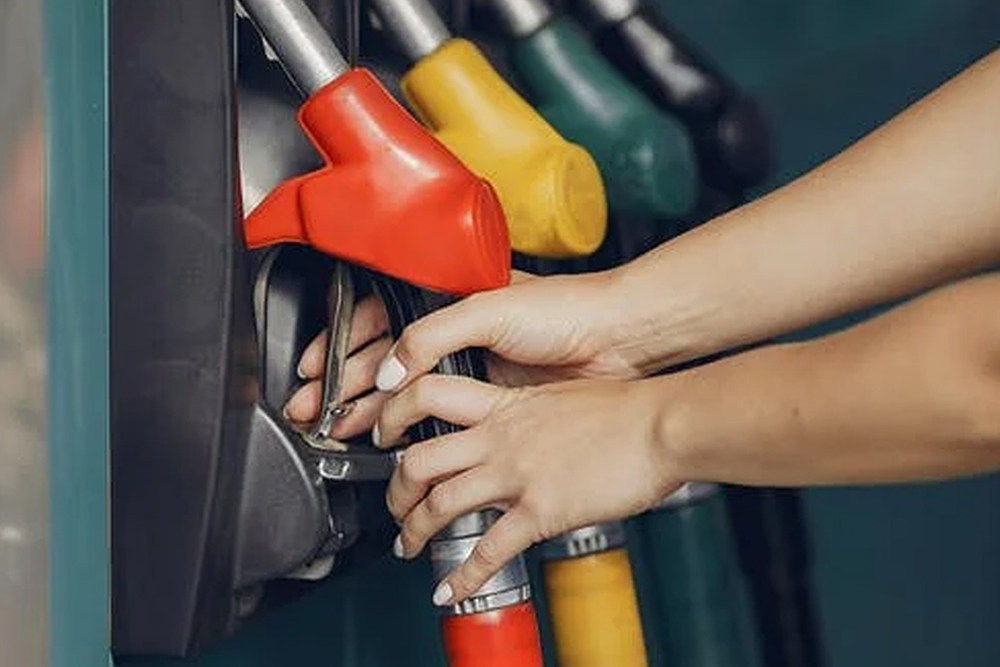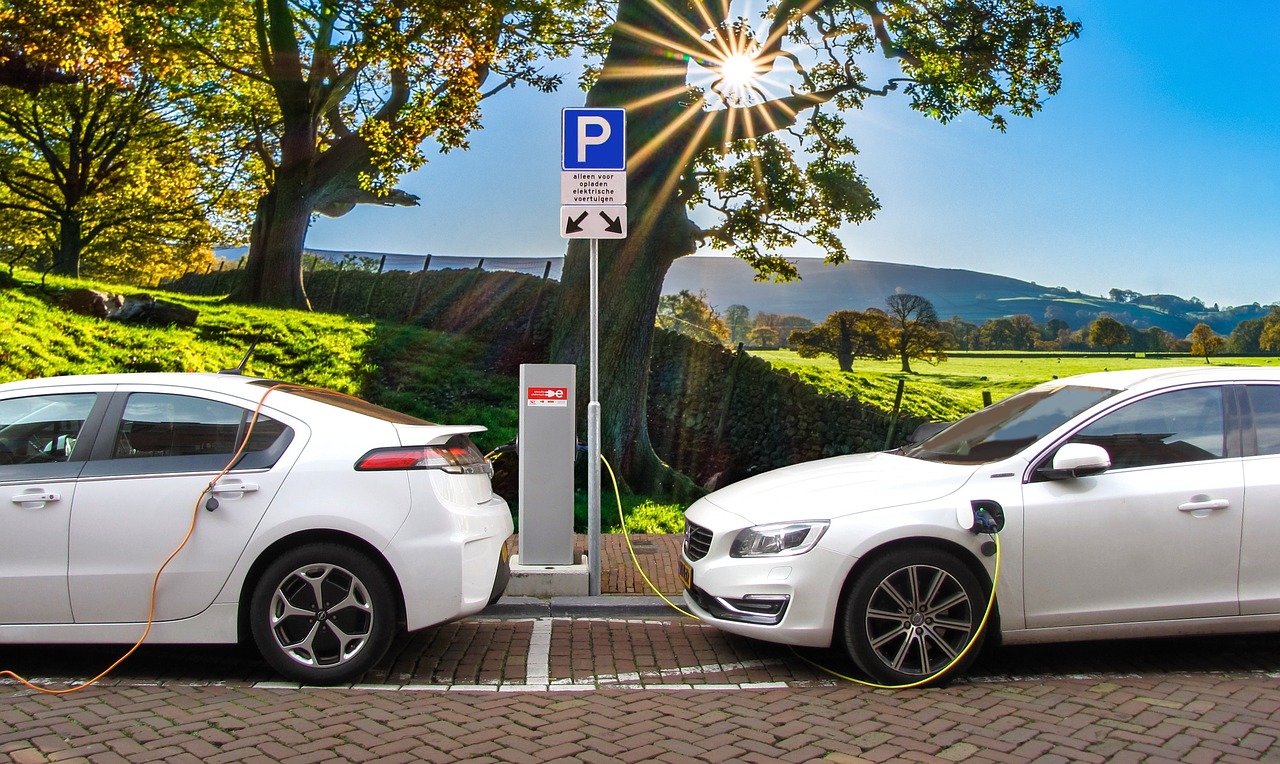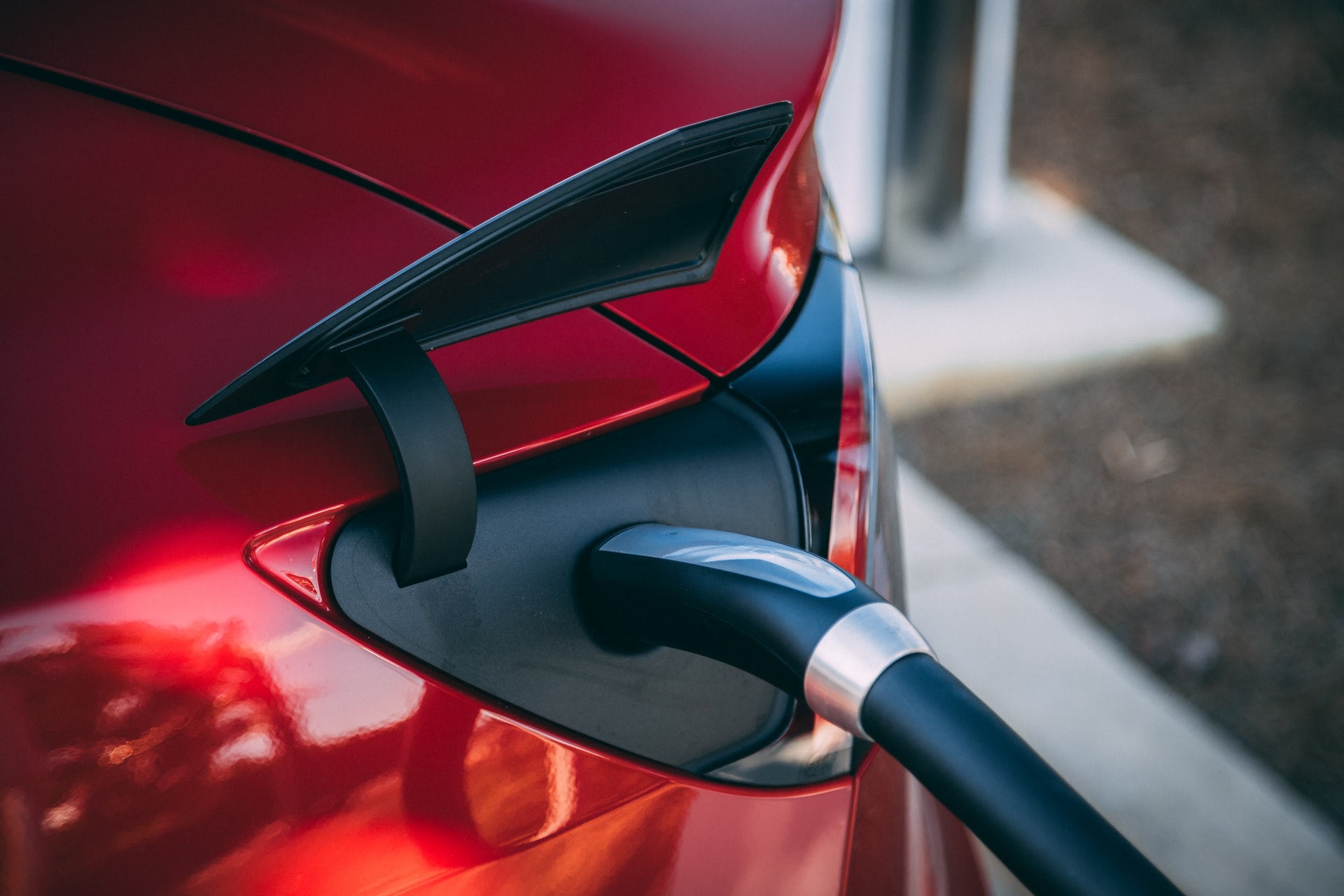
Roman Danaev
Those looking to get a new or used car might also be looking at car finance options. But here’s the problem - most loans are built differently. Before taking out one, you should clearly understand what each type includes and what will be required from you.
In today’s article, we’re tackling PCP vs bank loan.
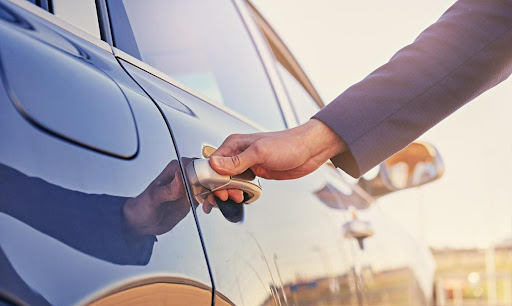
Is a car loan the same as finance?
Car loans usually come from banks, while car finance is often available through specialist lenders or directly from car dealers. If you’re hoping to find the best bank rates, you’ll likely need to apply at a few different banks, and each application could impact your credit score. Many finance companies and dealers, on the other hand, can give you a preliminary offer without a “hard” credit check, so you can explore your options without worrying about your credit taking a hit.
A car loan from a bank often acts as a personal loan, which gives you some freedom to spend it on other things if needed. Car finance, though, is specifically for buying a car. It usually comes with set options, like hire purchase or a personal contract purchase, where the finance company technically owns the car until you’ve finished paying.
Both types of loans are usually tied to the car as security, meaning the lender could repossess the vehicle if payments aren’t kept up. Occasionally, banks might let you secure a loan with something else, like home equity or a savings account, but it depends on the bank’s policies.
What is PCP car finance?
PCP, or Personal Contract Plan, is a flexible way to finance a car. Typically, you’ll start with a deposit—usually around 10% of the car’s value, though this varies by provider. After that, your monthly payments cover just the car’s depreciation (how much its value drops over time), The GMFV (+ interest) is spread across the term period of 24-60 months. This contract period usually lasts between two to five years.
When you get to the end of your PCP term, you’ve got a few choices. You can pay a final “balloon payment” to buy the car outright. Or, if it’s time for something different, you can simply return the car with no more payments due. There’s also the option to trade it in and start fresh with a new PCP deal.
Unlike traditional bank loans, PCP gives you the chance to explore deals through a broker like Carplus. With Carplus, you can compare offers from different dealers, check the terms, and find the one that suits you best. And if you need help along the way, Carplus is there to guide you at every step.
| Advantages | Disadvantages |
|---|---|
|
|
What is a personal loan?
A personal loan is a bank loan you can use for nearly anything. Here, we’re talking specifically about personal loans for buying a car, so we’ll also refer to it as a “bank loan” or simply “car loan.”
Before applying, decide how much you want to borrow. You could take a loan for the entire car price or borrow a bit less if you have savings to cover part of it. Or, if you need funds for something extra—like urgent car repairs—you can choose to borrow a little more.
Personal loans typically last between 12 and 60 months, giving you a set timeframe to pay back the full amount, including interest, by the end of the term.
| Advantages | Disadvantages |
|---|---|
|
|
What is the difference between PCP and a bank loan?
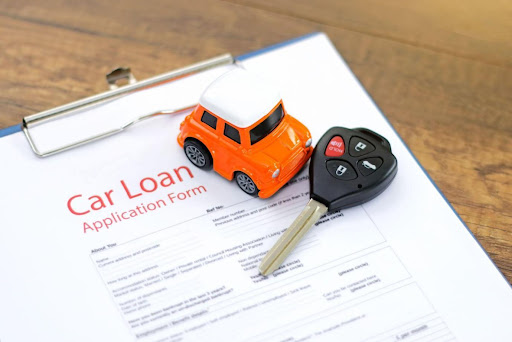
Before talking about each difference in detail, let’s look at the short rundown.
| PCP vs Bank Loan | |
|---|---|
| PCP Car Finance | Bank Loan |
| Deposit + monthly payments + optional final payment | Monthly payments |
| Ownership transferred after the balloon payment | Immediate ownership |
| Insurance costs sometimes covered by the lender | Insurance costs not covered |
| Maintenance at approved garages | Maintenance can be done anywhere |
| Flexible payments, three options by the end of the term | Limited flexibility |
| Easy to terminate early | The loan must be paid in full |
Here’s one more difference worth repeating - it’s harder to get approved for a bank loan than for a PCP agreement. Banks are much more thorough and have stricter requirements for borrowers. So, people with bad credit are more likely to get approved for PCP.
Loan structure
The differences in loan structures are easiest to spot at the start and end of each contract. With PCP (Personal Contract Purchase), here’s what to expect:
- A deposit upfront, though sometimes it’s not required, depending on the plan.
- Monthly payments with interest, just like with a regular bank loan.
- An optional “balloon payment” at the end if you want to keep the car.
One thing to remember: with PCP, your monthly payments only cover the car’s expected value at the end of the term, not the full price. On the other hand, a bank loan is simpler—you’re covering the car’s total value from the beginning, so your payments are steady instalments with interest until it’s fully paid off.
PCP loan structure example
Let’s say you’re looking at a new Ford Fiesta priced at £18,655. You decide on a 24-month PCP agreement with a £2,000 deposit. The lender estimates the car will lose around £8,000 in value over three years, which means you’ll only need to finance £6,000. That works out to about £250 per month, plus interest.
At the end of the term, if you decide you want to own the car outright, you’d need to pay the remaining balance.
Bank loan structure example
Now, let’s look at a bank loan for the same car over two years. With a bank loan, you’d borrow the full price of £18,655 upfront to pay the dealership directly. This would mean a monthly payment of around £777, plus interest.
In this case, the car is yours from the start—you’re simply paying back the loan in equal instalments.
Transfer of ownership
With a PCP agreement, the finance company legally owns the car until you make the final “balloon payment” at the end of the term. Keep this in mind throughout your contract, as it affects what you can do with the car. You won’t be able to sell it, go over the mileage limit (more about PCP mileage limits), or make major modifications. Plus, you’ll need to follow specific wear and tear guidelines.
A bank loan, however, works differently. Since you’re paying for the car upfront, you become the owner right away. This gives you more freedom to sell, modify, or drive the car without restrictions tied to a PCP contract.
Insurance treatment
Both PCP and bank loans require you to arrange your own insurance, as you’ll be the registered keeper of the car. This might include optional guaranteed asset protection (GAP) insurance, which covers the difference between the car’s value and what you owe if it’s written off.
Some PCP deals may include insurance, which could help you save on overall car costs, so it’s worth checking with your provider. With a bank loan, you’ll need to arrange and pay for insurance separately, as it’s not bundled in the loan.
Service and repairs
Whether you go with a PCP or a bank loan, you’ll be responsible for keeping up with the car’s servicing and repairs. With PCP, though, you’ll need to use one of the lender’s approved garages. This keeps the car’s value secure, as they generally don’t accept work done by independent garages.
If you’ve bought the car with a personal loan, you’re free to choose any garage you like. Just make sure to check out reviews or get recommendations so you can find a reliable mechanic you trust.
Payment flexibility
At the end of a PCP contract, you have options. You can pay the final amount to keep the car, return it without any further payments, or even trade it in for a new PCP deal. Some lenders might also let you adjust the contract term if needed, giving you some extra flexibility.
With a bank loan, you also choose a repayment term, but here you’re committing to pay the full amount over time. Once you sign, you’ll need to complete the payments as agreed, so there’s less flexibility compared to PCP.
Early settlement
With a PCP contract, you have a voluntary termination option, thanks to the Consumer Credit Act of 1974. Once you’ve paid off half of the loan, you’re free to end the agreement early. This means you can return the car to the lender or dealership and walk away without any further payments.
For a personal bank loan, things are different. Since you own the car outright, you can’t return it, but you do have the option to pay off the loan early. This can sometimes come with early termination fees, so it’s worth checking your loan terms.
Is getting car finance easier than a loan?
Generally, yes, car finance can be easier to get. Car finance companies often only do “soft” credit checks, which don’t impact your credit score, and they’re usually more flexible with their requirements than banks. Banks, on the other hand, are more likely to turn you down if you have:
- A low credit score
- Limited credit history
- High levels of debt
- Mistakes on your application
So, if your credit isn’t perfect, a non-bank lender may give you a better chance of approval. The interest rate might be higher, but that can be the case with banks too.
Just remember, every application is reviewed individually. While these are common patterns, your own situation will always be taken into account.
What is cheaper: Car finance or a loan?
If you’re aiming to keep monthly payments down, PCP (Personal Contract Purchase) might be a good choice. With PCP, you’re only paying for the car’s depreciation—basically, how much value it loses over time—so the total you spend is lower. And if the finance company underestimates this drop in value, they can’t increase your payments later, which can work to your advantage.
But if you’re set on owning the car outright, then which option is cheaper—car finance or a personal loan—depends on a few factors, like:
- Your credit score and history
- The length of the contract
- The lender or bank you go with
- Whether you can put down a deposit, and more
Luckily, it’s simple to compare offers to see which choice makes the most sense for you and your budget.
Is PCP car finance right for me?
PCP might be ideal if you’re looking to keep monthly payments low and enjoy flexibility at the end of the contract. This finance option is especially popular if you like changing cars frequently—there’s no need to sell it yourself. You simply return it to the dealership and can drive away in something new.
For those with lower credit scores, interest rates may be higher, but PCP can still be a good option. Compared to traditional bank loans, where approval can be tricky, PCP may allow you to finance a car even if your credit isn’t perfect.
Is a personal bank loan right for me?
A personal bank loan can be a good choice if you prefer not to use your car as collateral. But remember, if you miss payments on an unsecured loan, the bank could still take legal action to recover the debt. Personal loans also tend to be smaller, so you might not be able to borrow enough for a more expensive car.
While personal loans work for many things, they might not be the best option for larger purchases like cars. Specialised loans, such as car loans or mortgages, are designed for these needs and often come with benefits that personal loans don’t offer.
What should you consider before choosing the right option?
Choosing between a personal loan and car finance depends on your budget and goals. Here are the main points to consider:
- Monthly Budget – If low monthly payments are a priority, PCP might be your best choice, offering lower payments than bank loans or HP.
- Where You’re Buying – A personal loan lets you buy from any seller, while HP and PCP usually require buying from a dealership, which can offer more protection if issues arise.
- Ownership at Term End – All options allow you to own the car, but PCP requires a final ‘balloon’ payment for ownership, so budget for this if you plan to keep the car.
- Maintenance Standards – PCP and HP may require specific maintenance levels. With PCP, you could face charges for damages beyond standard wear and tear if you return the car.
- Mileage Limits – PCP has mileage caps, while personal loans and HP agreements do not.
- Options for Poor Credit – HP may be easier to obtain with lower credit, though it usually requires the car to be worth at least £3,000.
Each option has its own benefits, so weigh these factors to find the best fit.
What are the alternatives?
Your car loan options are not limited by PCP or bank loans. Here are a few other arrangements to consider.
Hire Purchase
Hire Purchase agreements work a lot like bank loans. Depending on the lender, you may need to make a deposit, and then the rest of the car’s cost is spread across equal monthly payments. Once you’ve made the last payment, the car is fully yours—there’s no large final payment to worry about.
In terms of convenience and approval rates, HP is quite similar to PCP, though you won’t fully own the car until all payments are complete. If you’d like to explore how HP compares with leasing, take a look at our article on HP vs Leasing for more details.
Leasing
Leasing works a bit differently from other finance options. Instead of paying for the full value of the car, you’re only covering the depreciation—how much the car’s value drops over the lease term. However, you won’t build any ownership, so you’ll need to return the car at the end.
You might also see this type of lease offered as Personal Contract Hire (PCH) for personal use or Business Contract Hire (BCH) for companies. For more on the differences between PCP and leasing, take a look at our article PCP vs Lease.
Lease purchase
Lease purchase is similar to PCP, as you make monthly payments and have a final balloon payment option. The main difference is that with PCP, you can return the car instead of paying that final amount. Lease purchase doesn’t offer this flexibility—you’ll need to buy the car at the end.
If you’re unsure about owning the car when the contract ends, a lease purchase might not be your best fit. Consider other options if flexibility is a priority.
Let’s conclude
The biggest differences between a PCP finance plan and a bank loan are in how the loan is structured and how easy it is to get approved. PCP finance includes a deposit, monthly payments, and an optional final payment, making it more flexible. It’s also often easier to qualify for. Throughout this article, we’ve covered some additional details to help you make the right choice.
While both options are ways to buy a car, there are more differences than similarities, so take the time to consider what best suits your needs.
At Carplus, we offer competitive PCP deals on a range of cars, working exclusively with approved dealerships. You’ll receive a response from us in minutes—get a quote today!
Find car finance deals with the best rates!
Get a quoteContents
- Is a car loan the same as finance?
- What is PCP car finance?
- What is a personal loan?
- Is getting car finance easier than a loan?
- What is cheaper: Car finance or a loan?
- What is the difference between PCP and a bank loan?
- Is PCP car finance right for me?
- Is a personal bank loan right for me?
- What are the alternatives?
- Let’s conclude
Latest News
| Loan amount: | £16,000 |
|---|---|
| Length of loan: | 60 months |
| Interest rate: | 12,9% |
| Amount of interest | £5,793.84 |
| Total payment: | £21,793.84 |



